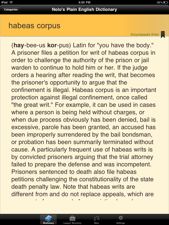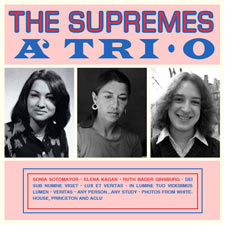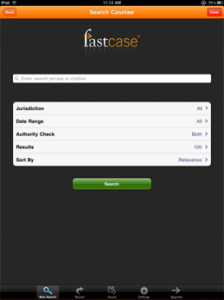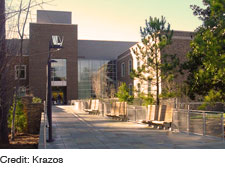Halloween is almost here–time to resurrect the ghosts of First Year Property Law past. . . with Stambovsky v. Ackley. This was my favorite case in law school, and I think about it every time I watch Ghost Hunters or Paranormal State. In a professional context, of course–don’t these people know what they are doing to their property values?! Who wants to disclose that their house was on a ghost reality show?
Stambovsky, as you may remember, attempted to rescind a housing sale contract on the grounds that the defendant seller failed to disclose to plaintiff buyer that the house was haunted. Because the seller publicized the “hauntings,” the house had a negative reputation in the community which affected the value of the home. Plaintiff, who did not live in the area, had no way to discover this reputation and the Court found an exception to the general rule of caveat emptor in real property contracts. It held that “as a matter of law, the house was haunted.” Stambovsky v. Ackley, 169 AD 2d. 254, 256 (New York App. Div. Dept. 1 1991). The opinion is full of colorful language:

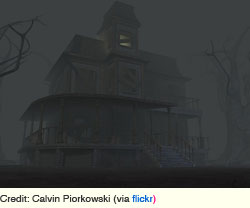
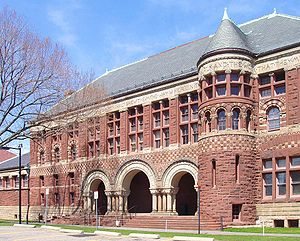
 Recently, I had the chance to look through the online videos available at
Recently, I had the chance to look through the online videos available at 